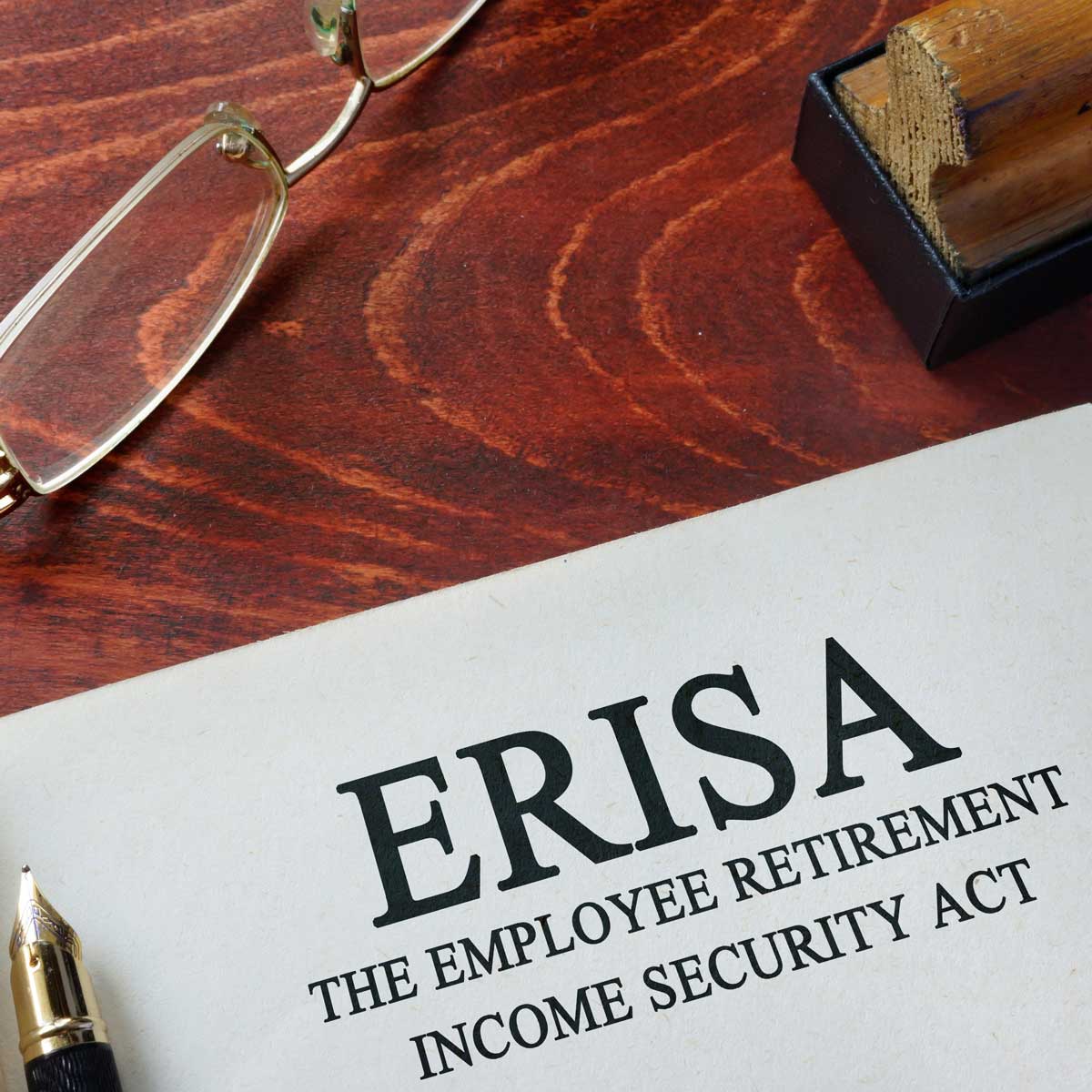This website uses cookies so that we can provide you with the best user experience possible. Cookie information is stored in your browser and performs functions such as recognising you when you return to our website and helping our team to understand which sections of the website you find most interesting and useful.
Just Released: A New EBP Auditing Standard for ERISA Plan Audits

Employee Benefits Plan Alert
New requirements under Statement of Auditing Standards (SAS) No. 136, Forming an Opinion and Reporting on Financial Statements of Employee Benefit Plans Subject to ERISA, were issued earlier this month.
According to the AICPA, the standard includes new regulations “in all phases of an audit of ERISA plan financial statements including:
- Engagement acceptance;
- Risk assessment and response;
- Communication with those charged with governance;
- Performance procedures;
- And reporting.”
Additionally, audits performed in accordance with ERISA section 103(a)(3)(C) will be identified as an ERISA section 103(a)(3)(C) audit, instead of retaining the previous label of a limited scope audit. With this, auditors will not provide a modified opinion. They will instead issue an opinion based on the audit and the processes relating to the certified investment information, according to the AICPA. This offers an opinion on: “whether the information not covered by the certification is presented fairly, and an opinion on whether the certified investment information in the financial statements agrees to or is derived from the certification.” Your auditor will also see several changes to the statement’s form and content.
The new requirements introduce additional responsibilities for both plan sponsors and auditors that must be opined on by the auditor, and are best suited to be addressed by auditors with a specific expertise in employee benefit plan audits.
These changes to the audit process will go into effect beginning for periods ending on or after December 15, 2020, with no early adoption permissible.
We encourage employers with ERISA plans to discuss this with your auditor to learn more about what is expected to change in your plan audit. For more information, please contact a Sikich employee benefit plans expert.
This publication contains general information only and Sikich is not, by means of this publication, rendering accounting, business, financial, investment, legal, tax, or any other professional advice or services. This publication is not a substitute for such professional advice or services, nor should you use it as a basis for any decision, action or omission that may affect you or your business. Before making any decision, taking any action or omitting an action that may affect you or your business, you should consult a qualified professional advisor. In addition, this publication may contain certain content generated by an artificial intelligence (AI) language model. You acknowledge that Sikich shall not be responsible for any loss sustained by you or any person who relies on this publication.




